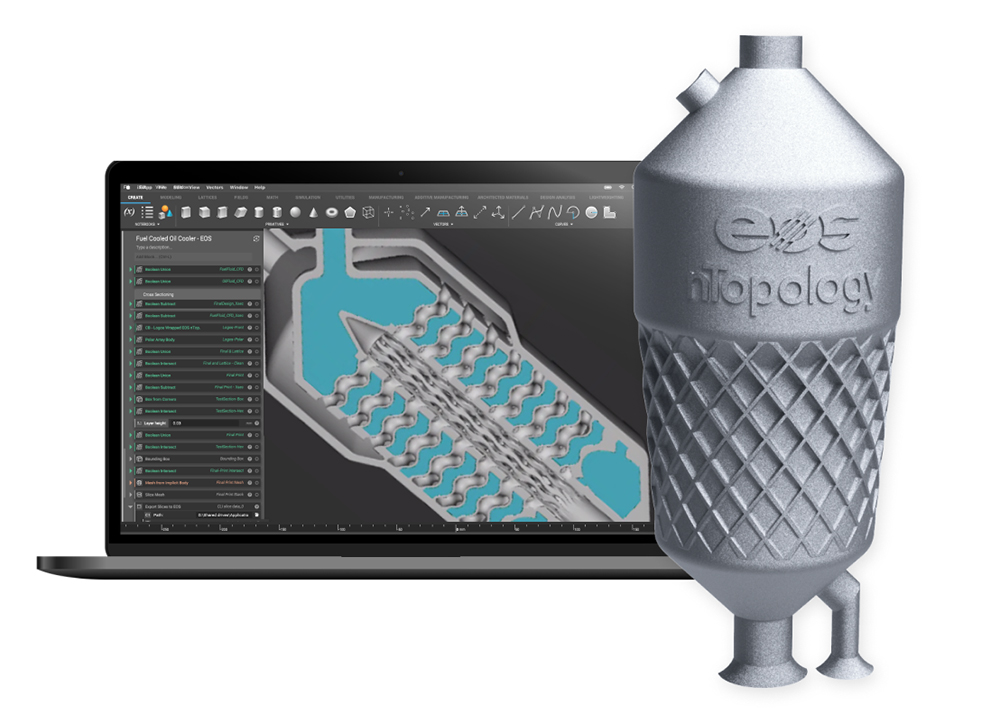Mechanical engineers are responsible for designing, building, and testing mechanical devices. As members of the broadest engineering discipline, mechanical engineers work in the government, manufacturing, research, and engineering facilities.
Pursuing a career in mechanical engineering can be both rewarding and profitable. Entering the field involves meeting educational prerequisites and undergoing extensive training to learn the skills necessary for the job. Mechanical engineers require both hard skills, such as industry-standard expertise, and soft skills, like strong communication abilities. With that in mind, here’s a more in-depth look at the most important skills for a mechanical engineer.
Problem-solving
A typical day in the life of a mechanical engineer involves brainstorming solutions to clients’ problems. Mechanical engineers need strong problem-solving skills to troubleshoot thermal and mechanical devices, make them work better, or alter their capabilities. Consequently, engineering temporary agencies prioritize analytical thinking and troubleshooting capabilities when choosing potential candidates.
Mechanical engineers are responsible for developing design calculations, identifying potential improvements, researching materials, and troubleshooting equipment. Therefore, strong analytical skills—developed through an education in mechanical engineering—are necessary to succeed in the field.
For instance, mechanical engineers working in the auto industry who buy salvage cars from online auctions will need to know how to measure the performance of the engine and modify equipment to ensure that it runs safe and efficiency. Crafting a solution also involves assessing the requirements of the project, as well as interpreting data and producing and implementing new designs.
Mathematics
Mathematics is a hard skill that is integral to succeeding as a mechanical engineer. From providing technical advice to measuring the performance of mechanical devices, a thorough understanding of statistics and calculus is needed to design and calculate solutions to clients’ problems.
Additionally, a strong mathematical aptitude can help mechanical engineers excel. Although many are interested in a career in mechanical engineering, only those with a mathematical aptitude are likely to succeed. Prospective mechanical engineers should feel comfortable working through equations and genuinely enjoy the subject of mathematics.
Mechanical engineers must combine math and problem-solving skills to invent or repair mechanical and thermal devices. For instance, in the auto industry, a mechanical engineer may develop a new load-bearing framework to improve the overall efficiency of a vehicle. Designing new vehicle parts requires analyzing the vehicle’s current performance, working toward specific goals, and using math to construct functional parts.
In many cases, mechanical engineers begin pursuing classes in mathematics and science at a young age. Extracurricular activities, including robotic competitions, STEM programs, and science fairs, can help younger students polish their skills early on. Prospective mechanical engineers should consider taking physics, calculus, and statistics in high school and college, as well as classes on computer skills.
Communication
Although majoring in mechanical engineering might seem like an easy way to skip English classes, developing strong communication skills—both written and verbal—can help you excel in the field. In fact, failing to develop strong communication skills can create challenges when applying for a job at larger tech companies.
Some larger companies, like Rockwell Automation, even screen engineering applicants for communication skills. According to Susan Schmitt, senior vice president of human resources at Rockwell Automation, “Some business units do specifically evaluate candidates’ writing ability” in addition to their verbal skills.
Mechanical engineers are encouraged to communicate clearly and simply with clients, employees, and suppliers. As a result, mechanical engineers are encouraged to develop and maintain strong communication skills throughout their education and training. Written and verbal communication skills enable mechanical engineers to write and present proposals and contracts as their job requires.
All in all, succeeding in the field of mechanical engineering requires strong problem-solving skills, mathematical aptitude, and communication abilities. If you’re interested in pursuing a career as a mechanical engineer, an engineering temporary agency can help you find your dream job.





